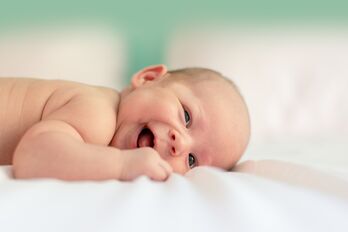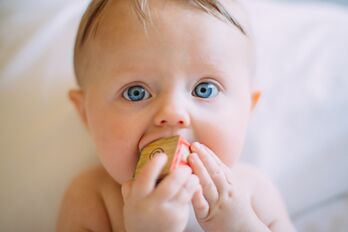Should You Immunize Your Baby Against RSV and Other Respiratory Illnesses
As a parent, one of the most important decisions you will make for your child is whether or not to immunize them against various diseases and illnesses. This decision can be particularly difficult when it comes to respiratory illnesses, such as RSV (respiratory syncytial virus) and coronavirus. On one hand, immunizations can provide vital protection against serious and potentially life-threatening diseases. On the other hand, some people have concerns about the safety and effectiveness of vaccines, and may be hesitant to expose their newborn babies to them. In this blog post, we will explore the pros and cons of immunizing newborn babies against RSV and other respiratory illnesses, to help you make an informed decision for your own family.
What is RSV and why is it important to immunize against it?
RSV is a highly contagious respiratory virus that is common in children, but can also affect adults. It causes symptoms similar to the common cold, such as runny nose, cough, and fever, but can also lead to more serious complications, particularly in young children and babies. These complications can include bronchiolitis (inflammation of the small airways in the lungs) and pneumonia (inflammation of the lungs).
Babies are at particularly high risk for RSV, as their immune systems are not fully developed and they are more prone to respiratory infections. In severe cases, RSV can lead to hospitalization and even death, although this is rare. According to the Centers for Disease Control and Prevention (CDC), RSV is the leading cause of bronchiolitis and pneumonia in children under the age of 1.
There is no cure for RSV, so the best way to protect your newborn baby against the virus is through immunization. There is a vaccine available to prevent RSV, called the palivizumab vaccine. It is typically given as a monthly injection to high-risk babies during the RSV season (typically November to April in the United States). The vaccine is not recommended for all babies, but rather for those who are at particularly high risk for severe RSV disease, such as premature infants, babies with underlying health conditions, and those with a history of RSV in the family.
What are the potential benefits of immunizing newborn babies against RSV?
There are several potential benefits to immunizing newborn babies against RSV:
-
Protection against serious illness: As mentioned above, RSV can lead to serious and potentially life-threatening complications in young children and babies. By immunizing your newborn baby against RSV, you can help protect them from these complications and reduce their risk of hospitalization.
-
Prevention of RSV outbreaks: In addition to protecting individual children, immunizing against RSV can also help prevent outbreaks of the virus within a community. When a large percentage of the population is immunized against a disease, it becomes much more difficult for the disease to spread, as there are fewer people who are susceptible to infection. This is known as herd immunity, and it can help protect those who are unable to receive vaccines due to underlying health conditions.
-
Cost savings: While the cost of the palivizumab vaccine may seem high, it is generally much less expensive than the cost of treating RSV complications. Hospitalizations and other medical interventions can add up quickly, and immunizing your newborn baby against RSV can help reduce these costs.
What are the potential risks of immunizing newborn babies against RSV?
Like any vaccine, there are potential risks and side effects associated with immunizing newborn babies against RSV. These include:
- Injection site including soreness, redness or swelling.
- Allergic reaction and/or a rash.
As with any vaccination, you should always consult a physician before vaccinating your child against any respiratory illnesses, including RSV, Covid 19 and bronchitis.






